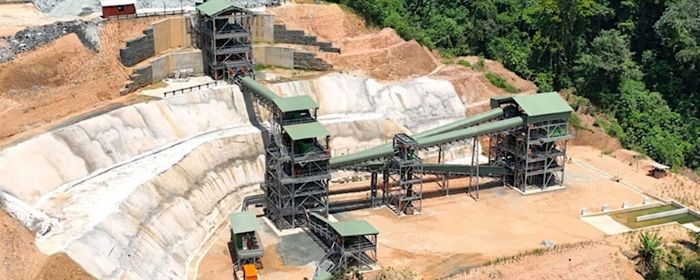(3 Minutes Read)
Abu Dhabi-based International Resources Holding (IRH) has acquired a controlling 56% stake in Alphamin Resources, the company operating the renowned Bisie tin mine in the eastern Democratic Republic of Congo (DRC). Valued at USD 367 million, the deal grants IRH not only operational control but also exclusive offtake rights, enabling the firm to market and trade a significant portion of the mine’s output on the global stage.
This acquisition is a strategic cornerstone in the United Arab Emirates’ broader push to secure access to critical minerals, which are increasingly vital to the world’s energy transition, digital infrastructure, and advanced manufacturing sectors. Tin, in particular, plays a key role in electronics, soldering, and battery technologies, placing it at the center of a growing international race to control essential supply chains.
Situated in North Kivu province, the Bisie mine is recognised as one of the highest-grade tin deposits globally, with Alphamin earning a reputation for resilient operations and steady production despite the challenging environment of eastern DRC. The company’s strong cash flows and strategic importance in the global tin market have made it an appealing target for international investors.
Read Also;
https://trendsnafrica.com/zambia-signs-deal-with-irh-to-revamp-mopani-copper-mines/
For the UAE, this deal highlights a broader ambition to establish itself as a key player in the global critical minerals ecosystem, particularly through investments across resource-rich African nations. As geopolitical tensions and supply chain vulnerabilities intensify worldwide, such moves underscore a calculated effort by Gulf states to leverage capital for long-term resource security.
This acquisition is more than a business transaction—it represents a geopolitical play in the rapidly evolving landscape of critical mineral diplomacy. With major economies scrambling to secure the raw materials needed for green energy technologies, the IRH-Alphamin deal signals how nations are reshaping global alliances and trade strategies to meet future industrial and energy demands.





